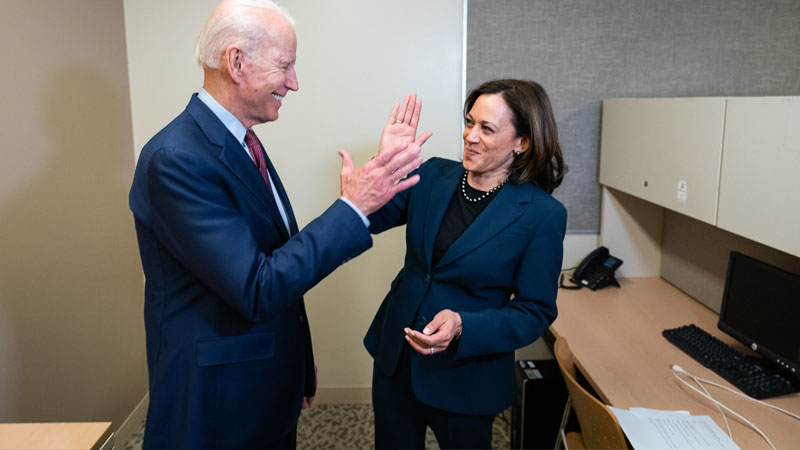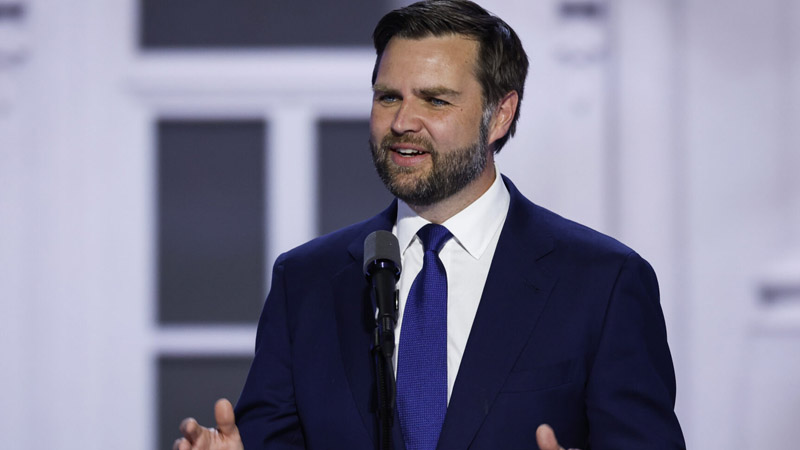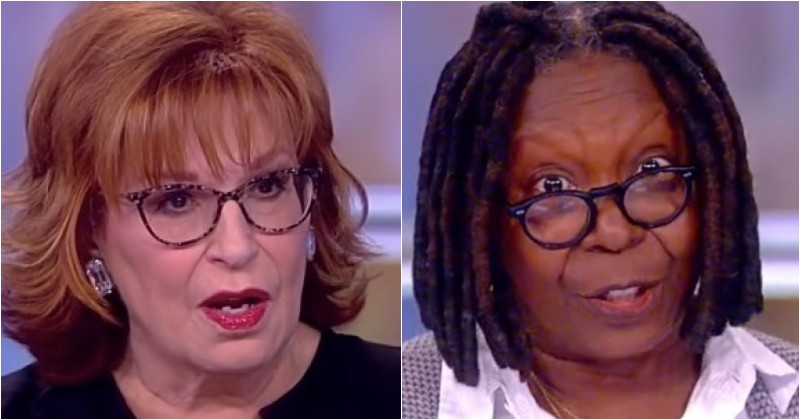Black Voter Enthusiasm Wanes for Biden as GOP Seeks Inroads in Georgia

(Image: twitter)
James Butler, a 42-year-old Black Democrat from Atlanta, is somewhat reluctantly planning to vote for President Biden in the upcoming November election. His tempered enthusiasm reflects a broader sentiment among some Black voters in Georgia, a state that played a crucial role in Biden’s 2020 victory. “I guess it’s the best we got,” Butler remarked about the choices for the 2024 election, encapsulating a sense of resignation rather than fervor.
This lack of enthusiasm is not an isolated sentiment. A CBS News poll conducted in late February highlighted a significant dip in support among likely Black voters for Biden’s reelection; 76% expressed their backing, down from 87% in the 2020 election. Georgia, where Biden won by a narrow margin of fewer than 12,000 votes, saw Black voters as a pivotal part of his winning coalition.
The shift in enthusiasm could signal challenges ahead for the Biden-Harris campaign, which is already taking measures to re-engage this critical voter base. In response, Vice President Kamala Harris launched a multistate tour starting in Atlanta, focusing on discussing the Biden administration’s investments in Black communities and opportunities for minority families to build wealth.
“We’re going to keep talking about the record and the work that is being done to advance the economic opportunity for young Black men across this country,” campaign spokesperson Michael Tyler stated, highlighting the targeted efforts to address concerns within these communities.
The New Georgia Project, an Atlanta-based Black voter advocacy group, has noted particular reluctance among younger male voters to rally behind Biden again. “Young Black men are more likely to say that they will vote for Trump,” explained Ranada Robinson, a researcher at the organization. She added that about 30% of those surveyed were undecided, a statistic that underscores the uncertainty and potential for change within this demographic.
Robinson attributes some of the waning interest to misinformation and a misplacement of credit and blame for various political developments, which have clouded perceptions of Biden’s presidency. This sentiment is echoed in the broader disillusionment with the political process, as expressed by Phillip Dunwood, a 21-year-old student at Georgia State University. “I think my vote’s the same, but I’m less enthusiastic,” Dunwoody said. “It’s more like, ‘Right, let’s get it over with.'”
Meanwhile, Republicans are attempting to capitalize on this disenchantment. Despite facing limitations like the closure of the RNC’s Black American Community Center in College Park, which was one of many minority outreach centers launched before the 2022 midterms, local groups such as the Georgia Black Republican Council (GABRC) are stepping up their efforts.
They are engaging in community-oriented initiatives like mentorship programs, Black conservative summits, and barbershop-political forums to foster dialogue and court Black men into considering Republican candidates in November. The Black Conservative Federation (BCF) has also rolled out its 2024 get-out-the-vote policy plan titled “Black Men Matter,” targeting Black men in key battleground states through grassroots outreach and programming.
This initiative reflects a strategic push to shift the political allegiance of this traditionally Democratic stronghold. However, Democrats like Anre Washington, a Georgia voter, remain skeptical of these Republican efforts, viewing them as opportunistic rather than genuine.
“To come around in an election period and suggest that they’re courting Black voters, except to say ‘Democrats aren’t doing enough’ or to say ‘you should stay out of this because this election isn’t worth getting involved in and Trump was a little bit better for you are the National Party was a little bit better for you,’ I just don’t buy it,” Washington expressed, doubting the sincerity of the Republican Party’s outreach.
As the political landscape heats up with the approaching election, the engagement and mobilization of Black voters in Georgia and beyond remain critical for both parties, each vying to secure a demographic that could very well decide the outcome in 2024.




